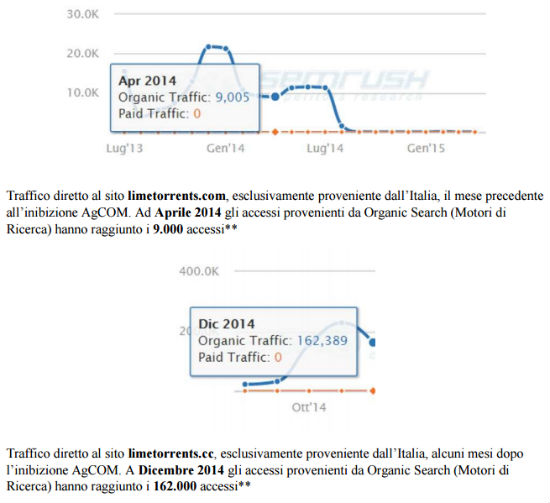Bitcoin Bounties Aim to Turn Pirates Into Snitches
vendredi 10 juillet 2015 à 11:40 While money may very well be the root of most evil, it’s still a commodity most people want to get their hands on. Trouble is, most financial systems rely on expensive middle-men who are always keen to retain a piece of the pie in return for their transactional skills.
While money may very well be the root of most evil, it’s still a commodity most people want to get their hands on. Trouble is, most financial systems rely on expensive middle-men who are always keen to retain a piece of the pie in return for their transactional skills.
For users of Bitcoin, however, things are somewhat different. The system relies on a peer-to-peer architecture which allows users to transact directly without needing an intermediary. And, of great value to privacy lovers, the system is somewhat less intrusive, unless users provide information about themselves as part of a purchase, for example.
These aspects have generated interest among those in the ‘pirate’ community, with some torrent sites now accepting donations via Bitcoin donations instead of through the troublesome PayPal. However, a service currently being promoted by a technology company will see Bitcoin used in the fight against piracy instead.
The solution comes from South Africa-based Custos Media Technologies who say that for a fee they can embed a “digital alarm” into movies and music that can alert content owners when their material is uploaded to torrent sites or other file-sharing platforms.
Developed by researchers at Stellenbosch University, the CustosTech system aims to discourage leaks and reward those who find them while exploiting the publicly accessible information associated with Bitcoin.
The concept is fairly straightforward. Content creators are given the opportunity to embed a unique identifying watermark into a movie, music track or other digital content before they sell or loan it to a customer or client. One suggested use that may catch the industry’s eye is when so-called ‘screeners’ are handed out to Academy members and critics.
However, instead of having a “For Your Consideration” watermark in the middle of the screen, protected movies in this scenario have a trick up their sleeve.
“Custos embeds watermarks into the analog and/or digital content of media items, which are imperceptible but difficult to remove. Each watermark contains a Bitcoin wallet, with a reward for anyone who anonymously claims it once the media has passed out of the control of the original recipient,” Custos explain.
“Media downloaders who want to search for such rewards (‘bounty hunters’) can do so anonymously, from anywhere in the world. The moment a bounty is claimed – and by the nature of cryptocurrencies, this can only happen once – the transaction reflects on the blockchain, and Custos notifies the media provider of the incident, and to which recipient the content was originally licensed.”
In other words, when content appears on a site somewhere, the first person to download it, view the code, and report it via a special Custos tool, wins the Bitcoin bounty. It’s essentially a people-powered leak reporting system that could lead to a number of possibilities for the content provider.
“[The person to whom the content was originally given] could then be subject to financial or legal penalties, or to reduced access to future content,” Custos explain.
“In this manner, authorised media users are strongly discouraged from actively sharing files or carelessly leaking them, while at the same time, they need not be inconvenienced by cumbersome security measures.”
The company is marketing CustosTech as a system that “turns the downloaders against the uploaders” and in some ways it’s difficult to argue with the assertion. Whether the system will prove popular enough with ‘snitches’ will remain to be seen – that will probably rely on the size of the ‘bounties’ up for grabs.
Source: TorrentFreak, for the latest info on copyright, file-sharing, torrent sites and the best VPN services.
 A new
A new  Late last week file-sharing fans in Portugal received the worst possible news. WarezTuga, the country’s most popular ‘pirate’ movie and TV show site, announced it was closing down with immediate effect.
Late last week file-sharing fans in Portugal received the worst possible news. WarezTuga, the country’s most popular ‘pirate’ movie and TV show site, announced it was closing down with immediate effect. Earlier this year the U.S. Government
Earlier this year the U.S. Government  Rather than taking operators to court, copyright holders are increasingly relying on Internet providers to block ‘pirate’ domains.
Rather than taking operators to court, copyright holders are increasingly relying on Internet providers to block ‘pirate’ domains.